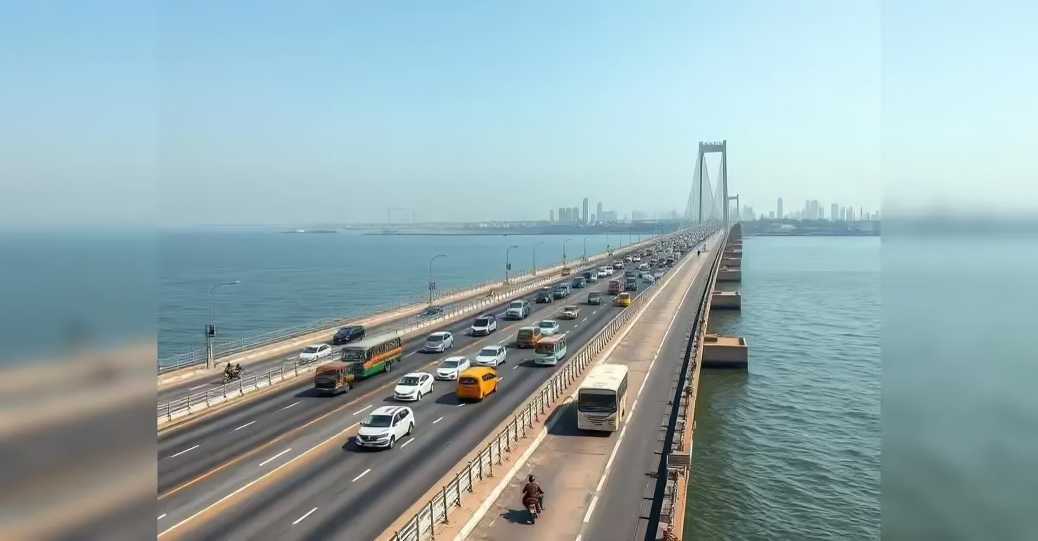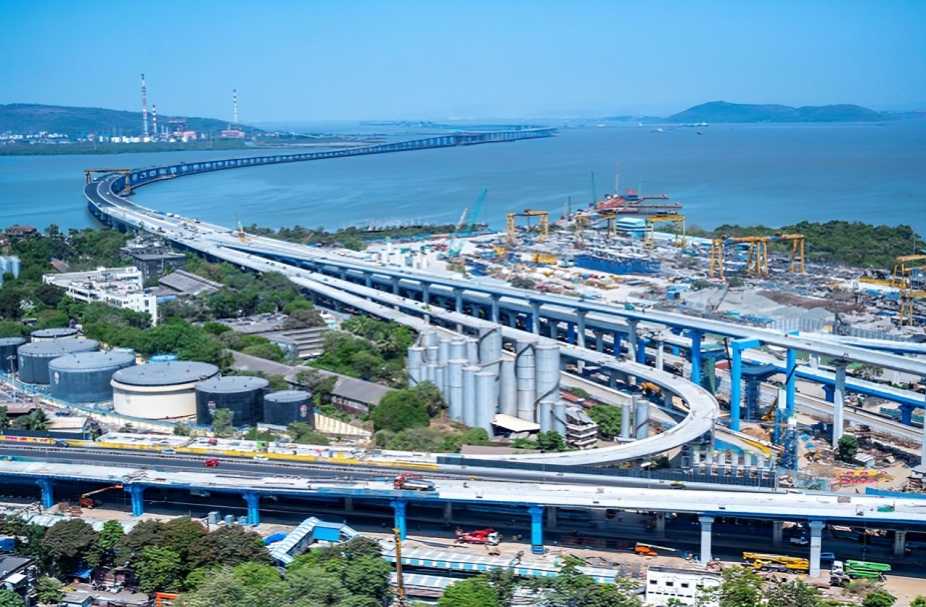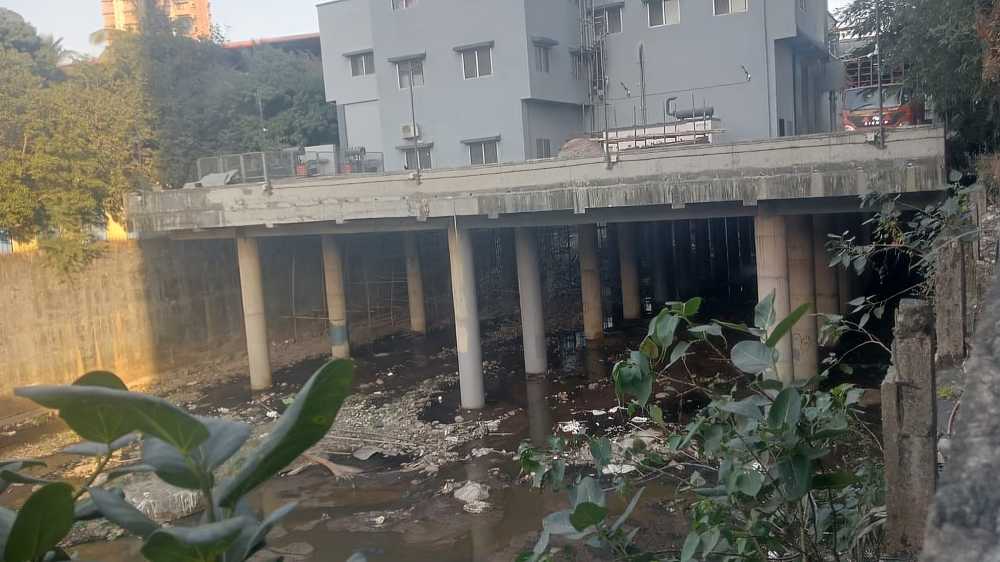Nisha Pandya & Sidhant Shekhar Jha
A sweeping halt in real estate and infrastructure development across Maharashtra—especially in ecologically sensitive zones around Mumbai and Pune—has brought to the fore a critical tension between urban expansion and environmental preservation. Projects worth over Rs 75,000 crore are now stuck in limbo, awaiting clarity on how environmental safeguards should be implemented in large-scale developments.
The deadlock follows a 2023 ruling by the National Green Tribunal (NGT) in Bhopal, which raised fundamental questions about how projects over 20,000 square metres should be assessed for their ecological impact. In response, Maharashtra’s State Environment Impact Assessment Authority (SEIAA) suspended all hearings on such projects starting August 2024. Without a clear directive from the Ministry of Environment, Forest and Climate Change (MoEFCC) or a final interpretation from the Supreme Court, no new approvals have been granted.
“Since August 2024, Maharashtra’s SEIAA has completely stopped hearings on such projects,” said Keval Valambia, CEO of CREDAI-MCHI. “They are awaiting instructions from the Ministry of Environment, Forest and Climate Change (MoEFCC), but the Supreme Court is yet to issue a final interpretation of the NGT’s order.”
The implications are particularly stark in Mumbai, where much of the city falls within 5 kilometres of ecologically sensitive zones such as Sanjay Gandhi National Park and the Thane Creek Flamingo Sanctuary. These areas demand stricter environmental scrutiny—something that developers say they are not opposed to but require procedural clarity to comply with.
“This is a clear example of a bureaucratic gridlock,” said Valambia. “We are not opposed to a centralised or decentralised process. Whether Delhi handles the clearances or the states do, we’re fine either way. But there has to be a process. Without it, nothing moves.”
Across Maharashtra, 473 large-scale projects—mostly housing townships and institutional infrastructure—are now caught in this freeze. These include over two lakh housing units that have yet to receive a Commencement Certificate (CC), halting construction before it could begin.
“If I may say so boldly, the township supply pipeline has completely dried up in 2024. No new township has received a Commencement Certificate (CC) this entire year,” Valambia added.
While the NGT’s ruling has nationwide implications, state responses have diverged. Gujarat and West Bengal have interpreted the order in a way that allows their development pipelines to continue functioning. Maharashtra, on the other hand, has opted to pause all large-scale environmental approvals until a central directive emerges—an approach that has deepened the stalemate.
Earlier this year, the MoEFCC attempted a classification system, distinguishing which projects should be cleared at the central level and which by state bodies. But this system has not been implemented due to the case being sub judice.
Valambia also noted that the government appears to be taking a balanced approach. “We had a very constructive meeting. We realised that the state is fully committed to protect both the environment and housing needs,” he said, referring to a recent consultation with Environment Minister Pankaja Munde.
For now, homebuyers have not been impacted directly. Without a CC, developers cannot list or sell these units, as they cannot be registered with the Real Estate Regulatory Authority (RERA).
“Fortunately, projects that haven’t received a commencement certificate are not sold to buyers because they can’t be registered with RERA. So homebuyers are insulated as of now.”
But the pause may not remain invisible to consumers for long. A shrinking housing pipeline will ultimately translate into fewer homes and steeper prices.
“Demand will keep increasing. But if no new projects are launched, housing stock will dry up, leading to inflation in prices.”
As the real estate sector waits for clarity from the Supreme Court, the larger question lingers—Can India strike the right balance between urgent urban housing needs and its equally urgent ecological responsibilities?





